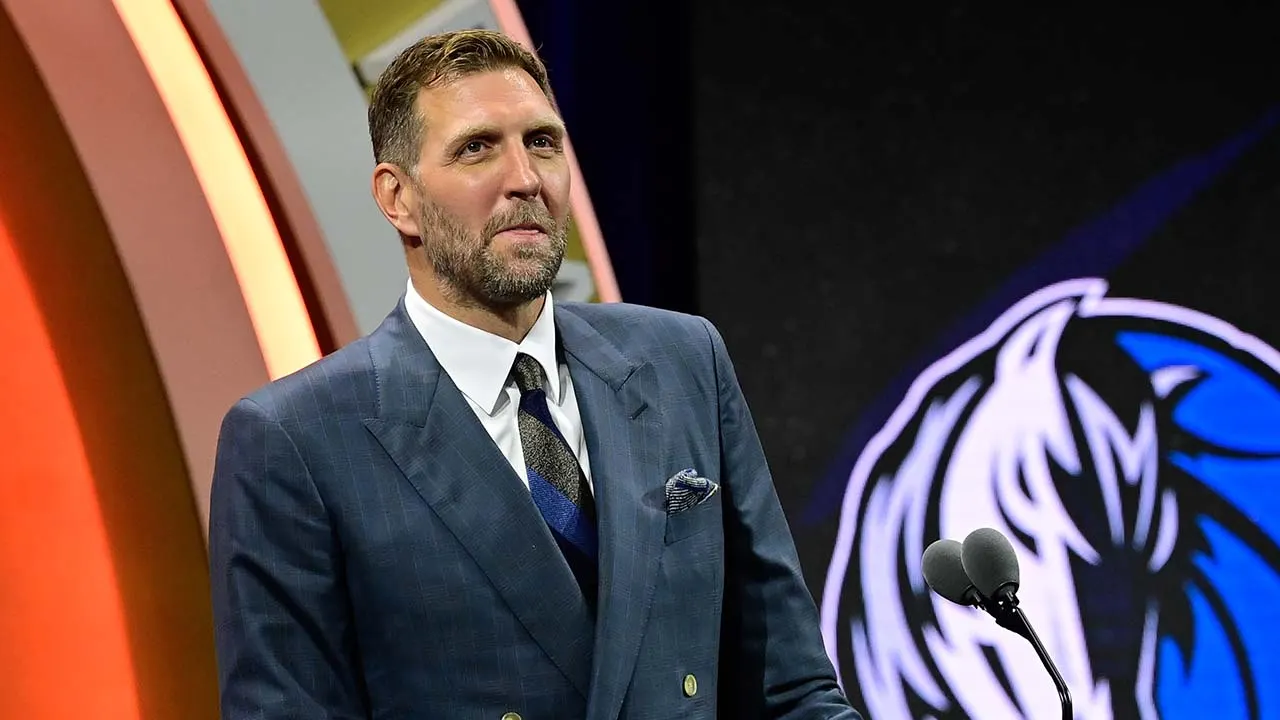The current crisis at the Justice Department over the corruption charges against Mayor Eric Adams of New York stems partly from the particulars of the law and a recent decree from Attorney General Pam Bondi.
In recent days, the acting deputy attorney general, Emil Bove III, has demanded that career lawyers submit a court filing in New York requesting to dismiss the case against Mr. Adams.
The interim U.S. attorney for the Southern District of New York, a career prosecutor named Danielle R. Sassoon who had been recently elevated by the Trump administration, refused, saying she could not do something that was contrary to the facts and the law, and that was motivated by political reasons unrelated to the case. She resigned.
Mr. Bove could have then made the same demand of other prosecutors in Ms. Sassoon’s office; instead, he redirected his efforts to career staff members at Justice Department headquarters.
There, too, people stepped down rather than carry out what they viewed as a deeply improper order. By late Thursday, five prosecutors in Washington had resigned.
As a Justice Department official, Mr. Bove could simply sign the document himself. While it would be highly unusual for someone at his level to take such a role in a criminal case, there is nothing that expressly bars him from doing so.
There are several factors that may help explain why he has not signed the document so far.
First, his boss, Ms. Bondi, issued a memo last week insisting that Justice Department lawyers should be signing legal filings, telling them that withholding their names from a legal filing they disagree with could lead to punishment or dismissal.
For decades, department practice allowed lawyers, in rare instances, to withhold their names from filings if they strongly believed they could not make a good-faith argument.
That area of legal ethics is not clear-cut — government lawyers have an obligation to carry out the work of the government whether they personally agree with a particular policy goal or not. But occasionally, a lawyer will find a particular course of action so unreasonable or likely to fail that they will back out of the case.
Ms. Bondi’s memo said that would no longer be tolerated.
“When Department of Justice attorneys, for example, refuse to advance good-faith arguments by declining to appear in court or sign briefs, it undermines the constitutional order and deprives the president of the benefit of his lawyers,” Ms. Bondi wrote. “It is therefore the policy of the Department of Justice that any attorney who because of their personal political views or judgments declines to sign a brief or appear in court, refuses to advance good-faith arguments on behalf of the administration, or otherwise delays or impedes the department’s mission will be subject to discipline and potentially termination, consistent with applicable law.”
The memo serves as a reminder of the priorities Ms. Bondi is seeking to operate under, in which Justice Department lawyers do not question or challenge top-level directives.
Mr. Bove may also be loath to sign the document himself because of the extra scrutiny it would entail. The judge overseeing the Adams case, Dale Ho of Federal District Court in Manhattan, may well demand answers of whoever submits such a document. Indeed, Ms. Sassoon’s refusal letter pointedly suggests the judge may hold a hearing to ask tough questions of the Justice Department if it seeks to withdraw the charges.
Senior Justice Department officials like Mr. Bove generally try to avoid going to court to face a grilling from a judge.
The longer this standoff between Mr. Bove and career employees at the department continues, the harder it may be for Mr. Bove to avoid such questioning from Judge Ho, particularly given the public airing of the dispute between Mr. Bove and Ms. Sassoon.
Ultimately, it will be up to the judge to decide whether to dismiss the charges, but it is very difficult for a criminal case to proceed once the prosecuting office has abandoned it.
Given the controversy, there is now far more at stake for the Justice Department and its leadership than just the outcome of the Adams case. Mr. Bove and others may find that even if they get the charges dismissed, they may face intense public scrutiny over their actions and motives.
The post Why Bove Wants Someone Else to Request Dismissal of
Adams Charges appeared first on New York Times.



















